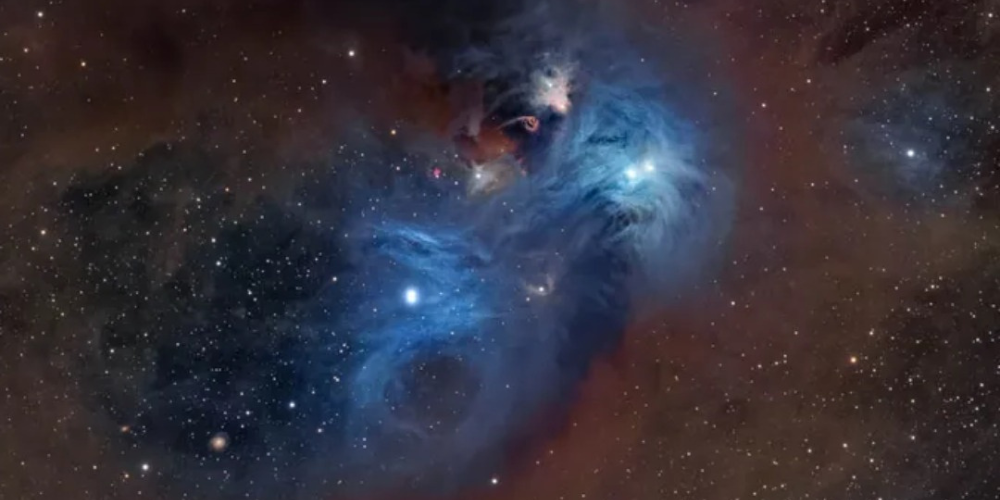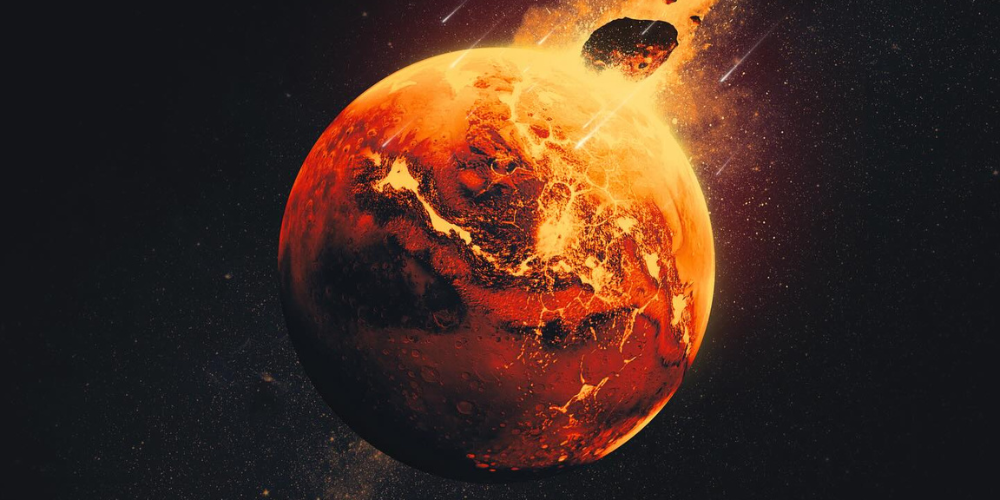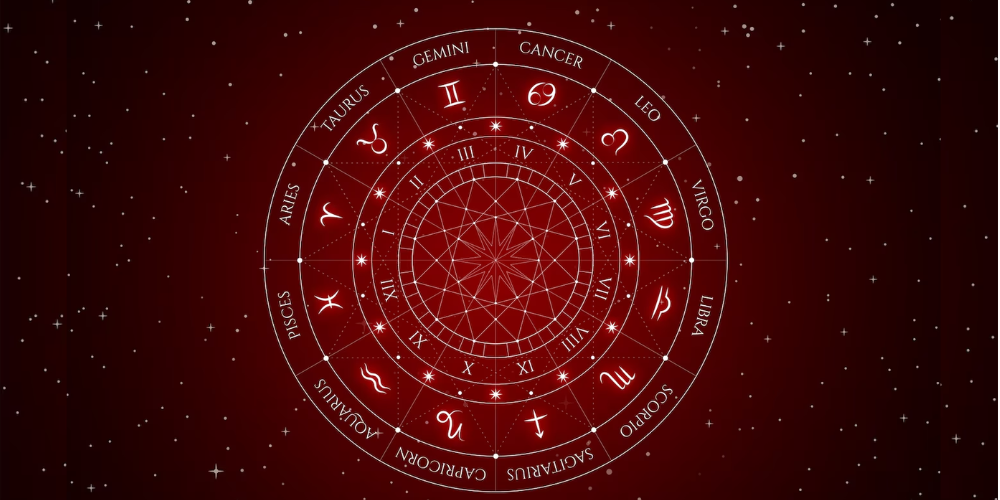There’s something magnetic about Sagittarius. This zodiac sign, active from November 22 to December 21, carries a spark that feels instantly recognizable—bold, curious, and constantly on the move. Sagittarius blends passion, intensity, and flexibility in a way that sets them apart. Their symbol, the archer, reflects a spirit that shoots toward distant horizons, eager to uncover meaning in places many people would skip. From remote rivers to historic sites filled with forgotten stories, Sagittarius pursues knowledge with an energy that rarely slows down. The Core Nature of Sagittarius Sagittarius is the final fire sign, and its traits burn with motion and curiosity. This sign is mutable, which explains its constant pull toward change and exploration. Freedom...
In his newest deep-space image, astrophotographer Greg Meyer turns the cosmos into a canvas. His subject — a nebula shaped like a furious baboon — has been dubbed the Rampaging Baboon Nebula. Streams of gas and dust weave through the frame, glowing in hues that give the scene a startling sense of movement. The photograph spotlights the complex beauty and creative chaos that define our galaxy’s stellar nurseries. A Nebula Like No Other The nebula lies about 500 light-years away in the constellation Corona Australis. Its shape suggests the face of a mandrill, with molecular dust sculpting the mouth and facial contours. The bright blue eyes are created by reflection nebulas that scatter starlight, adding a...
Mars has always been a planet of mystery, but fresh research suggests the Red Planet hides something far more unusual beneath its surface. Instead of a neatly layered interior, scientists have discovered that Mars’ mantle may be filled with giant chunks of rock left over from its violent early years. This finding reshapes the way experts view the inner structure of the planet and offers a rare glimpse into conditions dating back more than 4 billion years. Mars’ Messy Interior When most people think about the inside of a planet, the picture is often a series of tidy layers stacked one on top of another, like a clean geological cake. Mars, however, refuses to fit that...
Lightning might seem like a sudden burst from the sky, but the science behind it runs deep—and recent research has added an electrifying twist. Scientists have long known that thunderstorms build electrical charges until they discharge in brilliant flashes of lightning. What’s new is the evidence pointing to an unexpected trigger: cosmic rays. Researchers at Los Alamos National Laboratory have uncovered clues that suggest lightning may actually start with particles from outer space, opening a fresh angle on this natural phenomenon. A Shift in Understanding Thunderclouds have always been the stage for lightning. Traditional understanding says it begins when opposite charges build up in a storm—positive at the top, negative at the bottom. Once the difference...
The Vera C. Rubin Observatory has officially raised the bar for what “big data” means in astronomy. After releasing its first batch of cosmic images, the observatory isn't just capturing the night sky—it's creating one of the most extensive visual datasets humanity has ever seen. Powered by the world’s largest digital camera, the images are so detailed and expansive that processing them requires not just high-speed networks, but a whole digital ecosystem: seven international data brokers, three massive data centers, and a uniquely named management system called the Data Butler. The Scale of Rubin’s Cosmic Images What makes Rubin Observatory's contribution truly staggering is the sheer volume and precision of the data it collects. Once it...
In a groundbreaking observation, astronomers have captured an extraordinary moment in the cosmos—a high-speed, high-stakes confrontation between two galaxies over 11 billion light-years away. This isn’t just any merger. It’s a rare, aggressive event where one galaxy is striking the other with intense quasar radiation, dramatically changing its ability to form new stars. This unprecedented sighting is now offering a deeper look into how galaxies interact, evolve, and sometimes collide with devastating consequences. The "Cosmic Joust"—When Galaxies Collide Researchers used the combined power of ALMA and the Very Large Telescope (VLT) in Chile to observe two galaxies locked in what they describe as a “cosmic joust.” The term goes beyond metaphor—it reflects the actual movement. These...
How Many Planets Are There & What Is Their Significance?
The universe has always been a mysterious entity. Amid its vast expanse, the planets have had a special place in our hearts and minds. But why? Let’s dive into the cosmic significance of these celestial bodies.
First off, how many planets are we talking about? In our very own solar system, we used to have a solid group of nine. But in 2006, Pluto was demoted to a “dwarf planet,” leaving us with eight.
The line-up now goes:
- Mercury
- Venus
- Earth
- Mars
- Jupiter
- Saturn
- Uranus
- Neptune
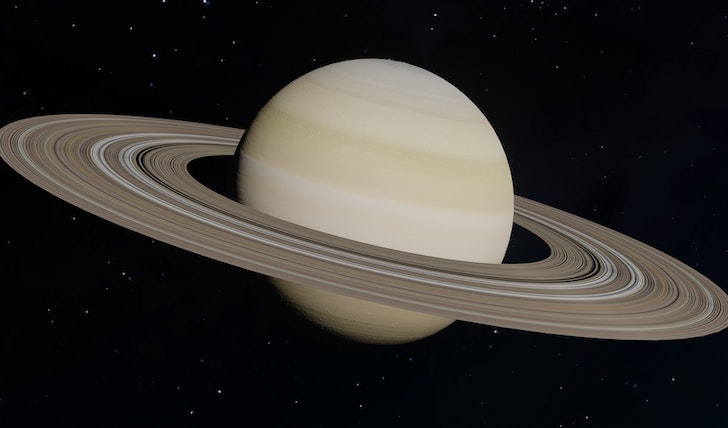
ZCH / Pexels / Excluding Pluto, there are eight planets. And each has its own significance.
While you might still be on Team Pluto, it is good to know the official roster.
Planetary Personalities
Each planet has its unique personality. Earth is our beloved home – the blue marble. Mars, with its reddish hue, is often dubbed the “Red Planet,” a potential future home for humanity. The largest, Jupiter, has a storm so big that three Earths could fit inside it.
These personalities have made the planets significant in different cultures, myths, and even astrological beliefs.
Planets in Myth and Astrology
Ever wondered why some planets have names of ancient gods? Romans named the five planets visible to the naked eye after their gods: Mercury, Venus, Mars, Jupiter, and Saturn. For instance, Mars, the god of war, lent his name to our fiery red neighbor.
These celestial bodies play crucial roles in astrology too. Whether or not you are the type to check your horoscope daily, it is hard to deny the allure of believing that distant planets might influence our moods and destinies. In astrology, each planet signifies specific energies and characteristics.

Stein / Pexels / Based on its structure and functionality, each planet has a unique personality.
Mercury might rule communication, while Venus oversees love and beauty. So, the next time someone says they are feeling out of sorts because “Mercury is in retrograde,” you will know what they are talking about!
Scientific Significance
Moving from myths to the realm of science, planets serve as benchmarks for understanding cosmic phenomena. The conditions and compositions of planets like Venus or Mars give scientists clues about Earth’s past, present, and potential future.
Moreover, by studying planets, we have made leaps in the field of exoplanet research. These are planets beyond our solar system. As of my last update, scientists have confirmed the existence of over 4,000 exoplanets! Who knows? Some might even harbor life. The discovery of exoplanets not only underscores the vastness of our universe but raises exhilarating questions about our place within it.
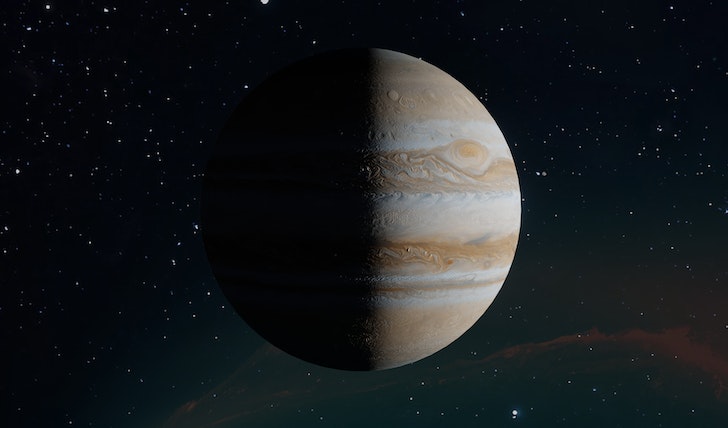
Pexels / Beyond mythology, all nine planets (including Pluto) have a benchmark significance in science.
In Pop Culture and Beyond
Finally, where would pop culture be without planets? Movies like “Star Wars” and “Star Trek” would lose their charm without exotic planetary settings. And songs like “Drops of Jupiter” by Train might need a different title!
Beyond entertainment, the significance of planets lies in their ability to inspire. They make us question our existence, purpose, and the mysteries of the cosmos. They remind us of our tiny yet unique place in the universe.
Thus, planets are more than just orbs in space. They are windows to understanding our past, present, and potential futures. Whether you are a fan of myths and science or just love a starry night, planets offer a little something for everyone.




